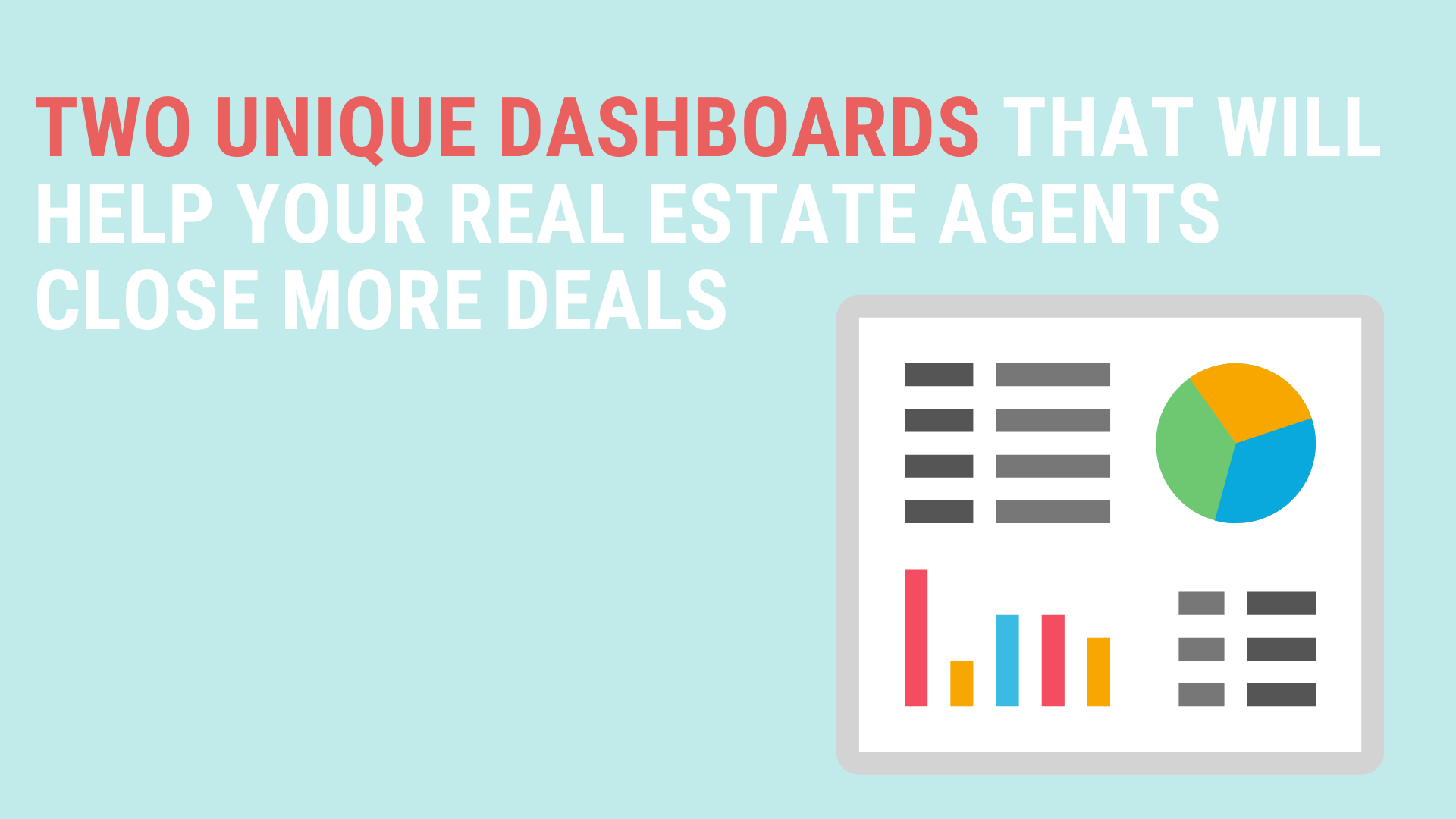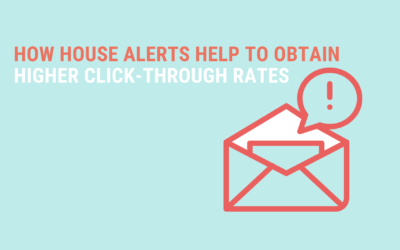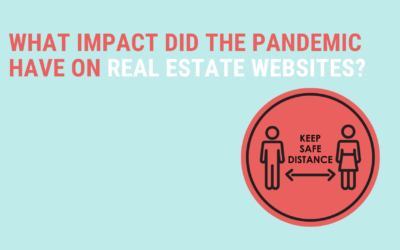Two Unique Dashboards That Will Help Your Real Estate Agents Close More Deals
9 August 2021 | 3 min read

Real estate agents and brokers are in the business of putting a smile on people’s faces. They connect buyers and renters with properties where homes are created, and memories are made. But generating smiles starts with generating sales.
Being successful in sales is about knowing your product (in this case, property) inside out and knowing everything there is to know about your customer (potential buyer or renter). Luckily, it’s easier to achieve these two goals today than ever before.
One way to bolster your real estate agent’s or broker’s sales is by obtaining valuable insights into all the listings on your website and all the visitors who engage with the listings.
With this in mind, let’s take a look at the ways powerful dashboards can help real estate agents close more deals.
“ Being successful in sales is about knowing your product inside out and knowing everything there is to know about your customer
Why Do Real Estate Agents Need Dashboards and Insights?
High-performing sales reps, the ones who close the most deals and make the most in commission, all have something in common. They study their potential customer before making a move. The knowledge they obtain gives them an advantage – it helps inform which features to highlight, what’s most likely to resonate with the customer, and even the best communication approach.
However, things are a little more challenging in the real estate world. Typically, when a potential home buyer contacts an agent, the only thing the agent knows is that this user has a certain level of interest in the house or apartment. It’s a good starting point, but it doesn’t allow the agent to tailor the sales approach.
But, suppose there was a different way. Imagine if you could give real estate agents a plethora of detailed information about the potential buyer or renter. Information like:
● All other listings (and agents) the user has seen or engaged with.
● The number of sessions.
● Preferred price range.
● Preferred region.
● Preferred property characteristics (hardwood floors, sash windows, fireplaces, etc.)
This list isn’t exhaustive – as long as you can collect the data, you can capture valuable information about the user.
Being able to view a detailed snapshot of the user would be powerful, right? We’ll explore this more in the next chapter.
The next insight that is extremely valuable to real estate agents is the insight into the listings hosted on the website. For example, a dashboard like this could:
● Improve the quality of the listing (by giving improvement recommendations)
● Show an agent how many times a listing has been viewed.
● Predict when a listing is likely to be sold.
● Understand the dynamics of the listing
The Power of User Dashboards
When a user contacts a real estate agent via the website, the agent could receive specific information about that user.

To show you how this works, we created an example dashboard. First, let’s take a look at the first column:
Summary
● Last visit: shows when a user was last active.
● Sessions: the total number of sessions a user has had on the website
● Search segment: the type of listings the user seems to be interested in.
● Activity: how active the user is.
● Time on site: the average time a user spends on the site.
Audience profile
We also profile users, determining which segment of the audience they fit into. For example, the user might display behaviors that suggest they fit into the categories’ young’, ‘DIY,’ or ‘family.’ This information can be very valuable. Why? Because it empowers agents to send other similar listings to the user based on their specific wants and needs.
Chance to Convert
One of the most challenging aspects of real estate is determining how likely an interested user is to follow through with a purchase. Many people like to browse real estate listings for fun or just because they’re curious about the properties in their area, but they have no intention to buy anytime soon.
But with detailed insights, determining user intention is much more straightforward.
Based on the user’s recent actions on your site, you can calculate the likelihood of them actually buying or renting a place.
The second part of the user dashboard shows the timeline of a specific user. This could deliver information about conversions, listing visits, and actions on the website.
Are you interested in seeing the complete user dashboard in action? You can take a look here.
The Power of Listing Dashboards
The listing dashboard shows specific information about a particular listing run by the agent. Having this information could potentially improve the quality of the listing and help to sell faster.
Let’s take a look at the example dashboard:
● Views: the amount of times listing has been viewed.
● Contact request
● Popularity
● Days online
The conversion funnel shows the dropoff numbers between views, intent, interactions, and contact requests.
The left column shows all the data displayed within the listing. Having a snapshot of all the data you have can also tell you what data is missing. Armed with this information, agents can amend listings to include more details of interest to users.
In the right column, we show the score of the listing. To get a perfect score (100), agents must add all missing data and images to the listing. The better the listing score, the more information a listing has and the better the user experience on your site.
Are you interested in seeing the complete listing dashboard in action? You can take a look here.
“ One of the most challenging aspects of real estate is determining how likely an interested user is to follow through with a purchase.

What About Monetization?
You can charge agents an extra fee to get this information from their listings and potential customers. You could even start with a 1-month free trial so agents can try the dashboards for themselves and see what impact they have on sales.
Additionally, offering these insights gives you a competitive edge – it’s an extra reason for them to join you and not your competitors.
conclusion
It’s time to start using your data to empower agents. Interested in learning what real estate dashboards can do for your business? Schedule your free call here.

Check out our computer vision solutions



Check out our computer vision solutions

How House Alerts Help To Obtain Higher Click-Through Rates
Thanks to house alert systems, you can quickly inform potential buyers when new properties that match their criteria show up. Here is a step-by-step guide that will show you how you can retarget potential customers and help them find the house of their dreams.
How Artificial Intelligence is Shaping the Online Real Estate Market
Now in 2021, the message is clear; AI is here, and it’s here to stay. But what impact does this technology have on the real estate market? Read everything about it in this article
What Impact Did the Pandemic Have on Real Estate Websites?
What impact did the pandemic have on real estate websites? To answer this question, let’s take a look at the pandemic real estate trends:



